
The Free Press

Hezbollah—meaning “Party of God”—is an ‘Islamist party, a terrorist group, an organized crime syndicate, and a proxy of Iran that for over four decades has spread destruction and death across the Middle East. Born out of the turmoil of the Lebanese civil war, it aims to eliminate Israel and undermine the West, in particular the United States.
But Hezbollah, designated a terror group by the U.S. since 1997, doesn’t limit its desire to assassinate, destroy, and subjugate to Israel and the West.
For decades it has harmed millions of Arabs and Muslims it supposedly champions. Hezbollah is a tyrant in its native Lebanon, an occupier in neighboring Syria, a transnational mafia of sex and drug trafficking, and the nerve center of Iran’s empire in Arab lands—what it calls the “Axis of Resistance”—stretching across the Levant, Yemen, and Iraq.
Hamas, which has ruled in Gaza for a generation and committed the atrocities against Israel on October 7, is also a proxy for Iran. But Hezbollah’s size and reach dwarf that of Hamas. Hezbollah likely has more than 40,000 active and reserve fighters, and an arsenal larger than that of many nations, with an estimated 150,000 to 200,000 rockets and missiles.
Many are aimed at northern Israel from Hezbollah’s perch on the southern Lebanese border. The escalation of the firing of these weapons has forced 100,000 Israeli civilians in the country’s north to flee their homes—and triggered a forceful Israeli response. Amid the fighting, 95,000 Lebanese civilians have been displaced from that country’s south, and the threat of a broader regional war looms.
But the grip of Hezbollah, though far-reaching, is not absolute. Hezbollah’s brutality is also its chief weakness. It provokes seething resentment everywhere it operates, a feeling shared by millions of Arabs who yearn to break free.
Hezbollah maintains control by wielding lethal force to silence dissenting voices, especially among the Lebanese Shi’ites it claims to represent. Yet these voices want to be heard—and the world needs to hear them, for the sake of a new conversation about how to end the harm Hezbollah does to Arabs and Israelis alike.
Over the past year, the Center for Peace Communications, a New York nonprofit which I lead, interviewed Shi’ite opponents of Hezbollah in Lebanon, and Sunni victims of Hezbollah in Syria, each of whom in their own way has fought back against the group’s depredations. At great personal risk, they let us record and film them bearing witness to the reality Hezbollah hides. To obscure the identity of these brave people, we have illustrated their stories with striking animation. The voices you hear, however, are theirs.
The result is Hezbollah’s Hostages, a Center for Peace Communications production, which The Free Press is presenting every Monday, starting today. The first episode of our series is “The Combatant.” It tells the story of a Lebanese Shi’ite boy transfixed by American action movies who is lured into combat by Hezbollah during its entry into the Syrian civil war.
The fables he was told about the thrill of combat turn into bitter reality on the battlefield. He undergoes a profound change of heart and mind that leads him to an improbable new life.
In other weekly episodes, we breach Hezbollah’s criminal underworld through unprecedented testimony from a mule in its drug trade, and bring the moving and harrowing account of a young woman who was forced into sex slavery.
In taking on the powerful Hezbollah, we believe the best approach is to unmask its pretensions of being a movement of “resistance” by exposing its oppression of Arab peoples. Breaking the silence is crucial to rallying Hezbollah’s many victims across the region. They must speak out, and they must know they are not alone.
Joseph Braude is president of the Center for Peace Communications. Follow his organization’s work on X @peacecomcenter and on Instagram @peacecomms.
And to support more of our work, become a Free Press subscriber today:

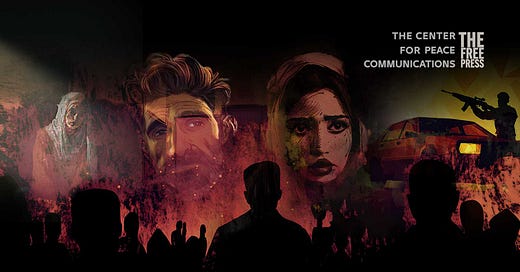



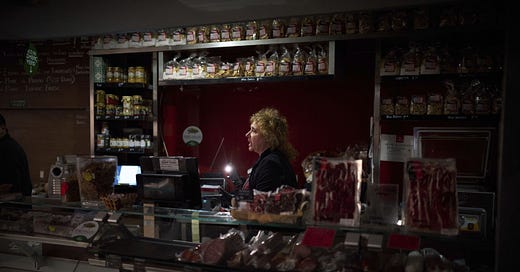

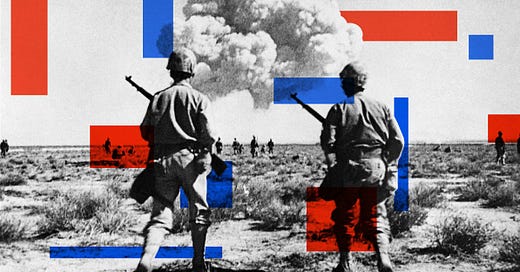
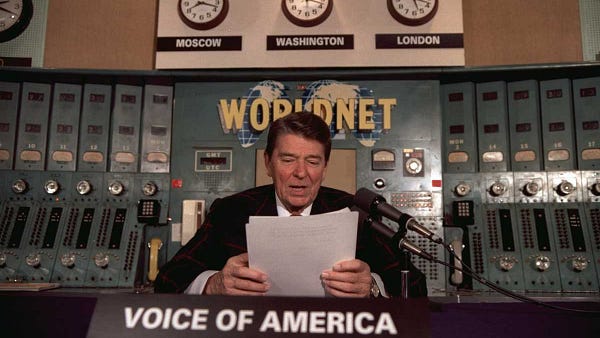

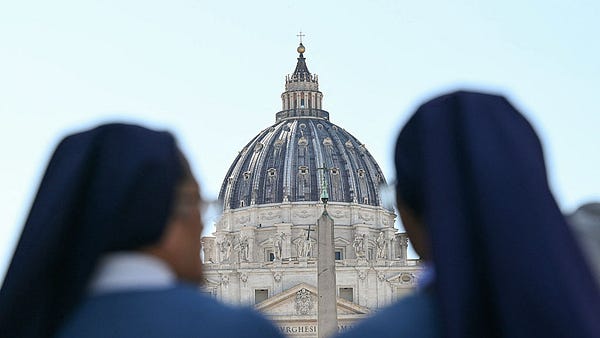

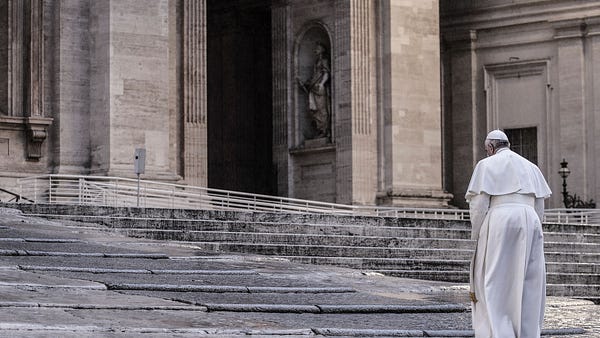

Axis of resistance indeed
Proof positive that being a woke progressive is a mental disability, disease or brain injury.
Hmmm.....strange how there was no talk of "Hezzbolah's Hostages" before Oct. 7th.